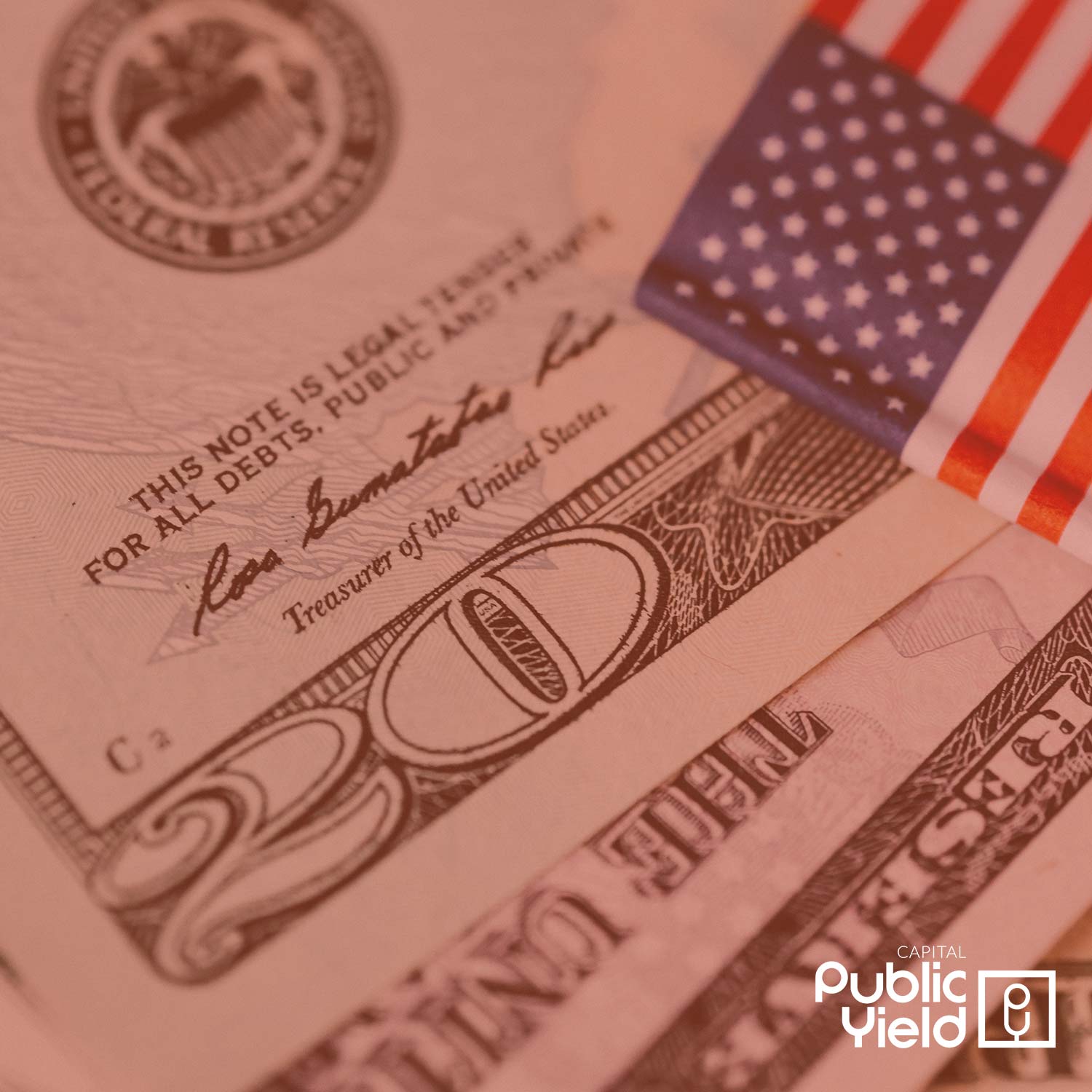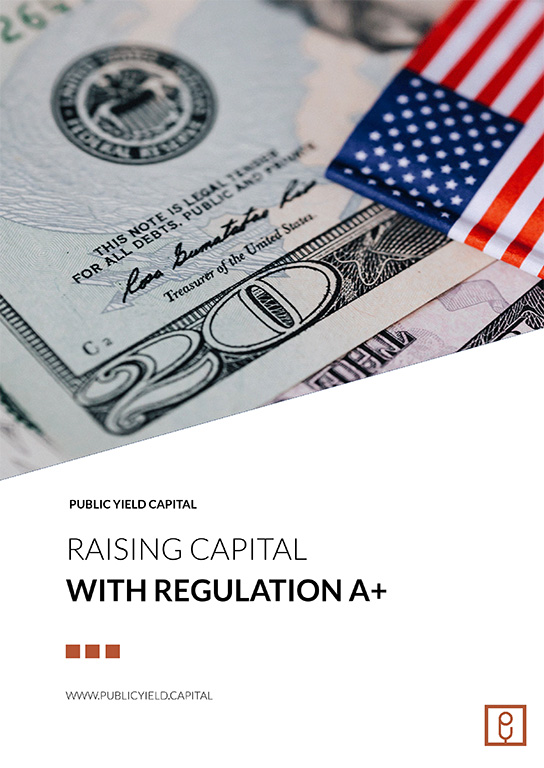
Regulation A+ has been around since 2016 as an alternative route for Americans to raise capital and help jump start the US economy. It is an exemption from registration for public offerings and a way for private startups to issue shares to retail investors.
Regulation A+ has two offering tiers
Tier 1: For offerings of up to $20 million in a 12-month period.
Tier 2: For offerings of up to $75 million in a 12-month period.
Below are the differences between the two tiers:
| Tier 1 | Tier 2 | |
|---|---|---|
| Maximum Annual Raise | $20 million | $75 million |
| Non-Accredited | Yes | Yes |
| Limits on Investment | None | For non-accredited |
| Audited Financials | No | Yes |
| Ongoing Reporting | No | Yes |
| Pre-Sale Information | Yes | Yes |
| Registration with SEC | Yes | Yes |
| Registration with State | Yes, local | No, national |
| Excluded from Exchange Act Limits | Yes | Yes |
| Shares Freely Tradeable | Yes | Yes |
| Post-Offering Reporting | No | Yes |

Regulation A+ is a great way for private companies to raise money from retail investors. Entrepreneurs should be ready for the massive time and capital commitments. There is an army of professionals you need along the way including lawyers, accountants, transfer agents, marketing and more! It takes money to make money. See our checklist of the professionals you need along the way here.
Not only do you need money to register, file and prepare the documentation, you also need capital for your marketing campaign. Unlike a traditional IPO, there is no big bank marketing team behind the raise so it is solely up to the issuer to get the word out to attract investors. Two thirds of Reg A raises don’t reach their goal amounts. Read how to make your raise a success in the Regulation A+ Marketing Guide.
Learn more about retail investor marketing at: Public Yield Capital



